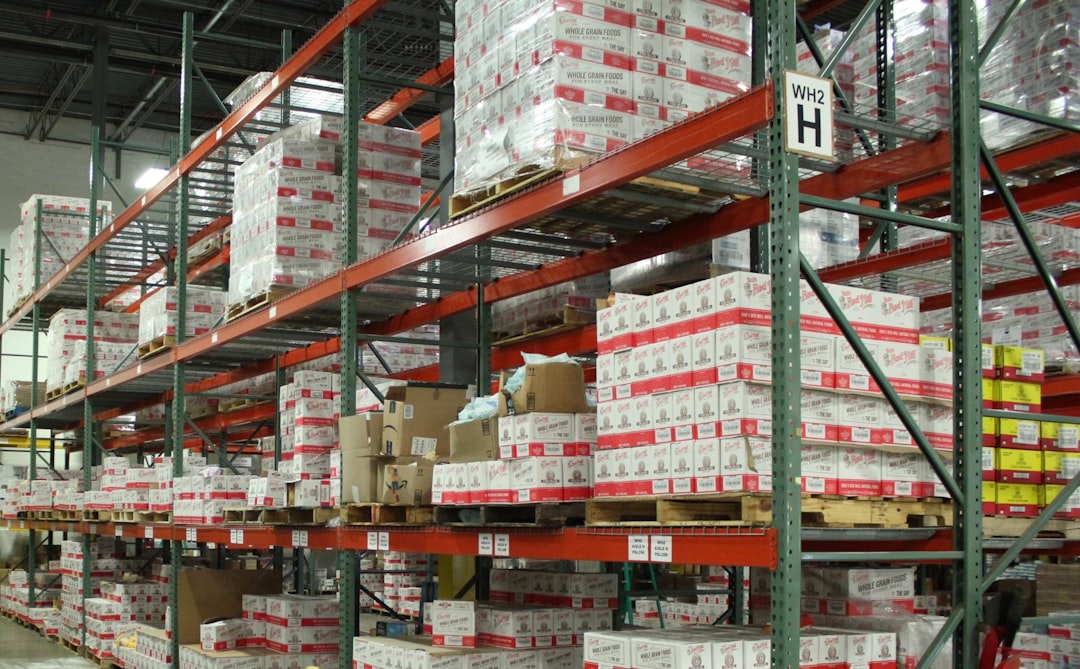Efficient inventory management is vital in the real estate sector, particularly when dealing with expensive equipment such as machinery, tools, and maintenance supplies. With the complexity of modern property investments and building projects, utilizing a Customer Relationship Management (CRM) system that incorporates inventory tools has become essential. These systems streamline operations, enhance asset visibility, and ultimately increase ROI. Below are eight leading CRM inventory tools designed specifically for real estate equipment management.
1. Zoho CRM Plus with Inventory
Zoho CRM Plus offers an integrated inventory module that is perfect for real estate firms managing large volumes of equipment. With its robust asset tracking capabilities, serialized equipment tagging, and intuitive dashboard, it streamlines operations across departments. Users benefit from automated alerts for low stock, scheduled maintenance updates, and comprehensive reporting that helps decision-makers stay on top of logistical needs.
2. Salesforce with Asset and Inventory Integration
Salesforce is already a top-tier CRM platform, but when combined with its numerous asset tracking and inventory management integrations, it becomes a powerful tool for real estate equipment control. Tools like Asset Panda and Salesforce Field Service Lightning extend capabilities to include real-time equipment status, dispatch tracking, and maintenance scheduling, all unified with customer records and project timelines.
3. HubSpot CRM with Inventory Add-Ons
HubSpot does not natively include inventory management, but it supports efficient integration with tools like Katana and TradeGecko (QuickBooks Commerce). These integrations allow real estate companies to track tools and equipment directly from within the CRM panel. The combined solution gives teams clear visibility into resource availability, usage, and assignment across multiple properties or job sites.
4. Bitrix24
Bitrix24 shines with its all-in-one platform combining CRM, project management, and inventory controls. Its inventory tool allows detailed categorization of assets, activity logs, and customizable tags, ideal for managing various types of equipment from drills and generators to staging items. For multi-site property operations, Bitrix24 helps standardize processes and maintain tight control of movable equipment.
5. Freshsales by Freshworks
Freshsales, paired with the Freshworks Inventory Add-On, provides a clean, cloud-based solution for both CRM and inventory management. Property managers and equipment supervisors can track items via barcode scanning, assign tools to ongoing projects, and monitor historical usage trends. Customizable workflows and automation also reduce repetition and human error.

6. Pipedrive with Equipment Management Plugins
Pipedrive offers an easy-to-use pipeline interface which makes managing sales processes and equipment logistics more cohesive. Add-ons such as Stock&Buy or customized applications allow users to track tools, set restocking reminders, and tie inventory changes directly to property development milestones. It’s suited for smaller real estate firms that need visibility without overwhelming complexity.
7. Bitrix24
Bitrix24 shines with its all-in-one platform combining CRM, project management, and inventory controls. Its inventory tool allows detailed categorization of assets, activity logs, and customizable tags, ideal for managing various types of equipment from drills and generators to staging items. For multi-site property operations, Bitrix24 helps standardize processes and maintain tight control of movable equipment.
8. Apptivo
Apptivo’s suite of apps includes extensive inventory management features that integrate directly with its CRM functionality. Real estate companies can take advantage of its purchase orders, automated replenishment, vendor management, and item location tracking. With mobile access and real-time updates, field teams can quickly locate and assign equipment as needed, reducing project delays.
9. Insightly CRM
Insightly offers a scalable CRM with customizable modules. Using integrations like Sortly or leveraging Insightly’s API, firms can develop inventory management suited to their specific real estate needs. This is an excellent solution for growing agencies that need flexibility in incorporating inventory controls as they scale operations across regions.
Choosing the Right Tool
Selecting the right CRM inventory tool for your real estate equipment depends on your organizational needs, volume of assets, and scope of projects. Here are a few considerations:
- Scalability: Can the system grow with your firm’s expansion?
- Integration: Does it work well with your existing software stack?
- Automation: Does it reduce manual tracking and human error?
- Mobility: Can staff access inventory on-the-go via mobile apps?
By investing in the right tool, you not only improve equipment accountability but also enhance the operational efficiency of your real estate ventures. CRM systems that offer or integrate with inventory tools empower businesses to manage assets—ranging from staging furniture to heavy machinery—with precision.
Ultimately, combining CRM and inventory functions bridges the gap between sales, property management, and resource logistics, streamlining everything from procurement to deployment. Choosing the right solution eliminates guesswork and lays a stronger foundation for long-term success in the competitive real estate industry.


